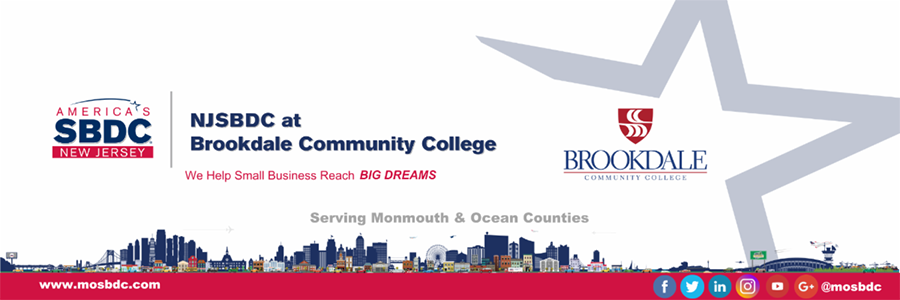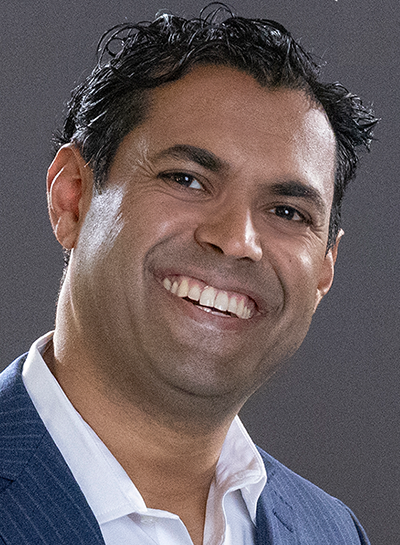
Local School Board Elections: November 7, 2017
October 11, 2017FCS offering free Medicare Enrollment counseling
October 11, 2017By Neil Schulman
Long Branch — Keeping lifeguards at the beaches after the official closing time made a significant difference this year, and despite many rain days, revenues from beach badges and parking were fairly impressive.
On Oct. 10, Office of Emergency Management Director Stan Dziuba and Chief Financial Officer Michael Martin reviewed the 2017 beach season.
During the season, from Memorial Day to Labor Day, there were 585 water rescues, Dziuba reported. Of those, 67 were during the “five to seven shift,” when lifeguards stayed on even though ticket takers had gone home for the day.
Despite the name, Dziuba said, sometimes the shift stayed on until much later than 7 p.m., until it got dark. That depended how popular the beach was that day.
In addition, after the season ended, Long Branch kept lifeguards on beaches every weekend through Oct. 1. During that time, they made an additional 122 water rescues.
Dziuba reported that during the normal season, lifeguards also took part in 4,901 “preventions,” assisted with 104 major medical situations that required a trip to a hospital, and dealt with 2,057 code ordinance violations.
He noted Long Branch is “very proud” of its lifeguard staff, which in addition to their job protecting people on the beach won several tournaments, including helping Monmouth County take the United States Lifesaving Association (USLA) National Lifeguard Championships. This is the second time in three years that Monmouth has won it, and Monmouth is the only county to take the trophy from Los Angeles in nearly 30 years.
Due to the fact there were 22 rain days, beach revenue was down about 7 percent this year, Martin reported. The city collected more than $2 million in badge sales, but it was still $102,000 less than 2016.
About $223,000 of that beach badge revenue came from meters, where for the first time people could buy badges without needing to wait on line.
“It took a while for that to catch on,” Dziuba said. Originally, you had to buy each badge separately, which meant a family of four would need to insert a credit card four times. But they fixed that, allowing up to six badges per purchase.
It’s also the first time people have been able to buy badges with a credit card; the booths were only set up to take cash.
Parking revenue, on the other hand, increased $81,000, up to more than $1.4 million.
“Probably with another day of parking we would have reached $1.5 million,” Martin said.




